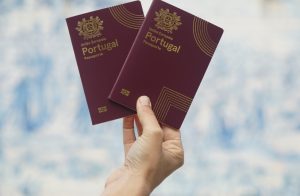Zimbabwe is not a member of the Apostille Convention, so the process of legalising original documents issued in Zimbabwe follows the Non-Hague Convention route. This means that original documents leaving or entering Zimbabwe (marriage certificates, birth certificates, company documents, academic records, powers of attorney, etc.) must go through several steps and rounds of authentication in Zimbabwe before they can be used abroad.
Document certification is a crucial step for Zimbabwean citizens and companies wishing to use their documents abroad. This process is essential to validate the authenticity of Zimbabwean documents and ensure their acceptance for various purposes. In this blog post we’ll answer the question ‘Is Zimbabwe part of the Hague Apostille Convention? We also explore everything you need to know about document legalisation and the options available to Zimbabweans living in South Africa.
What is The Hague Convention?
The Hague Conventions are a series of international treaties designed to simplify and standardise the process of authenticating and legalising documents for cross-border use. The conventions cover various aspects of international law, but one of the best known is the Hague Apostille Convention, formally known as the Convention Abolishing the Requirement of Legalisation for Foreign Public Documents.
The Hague Apostille Convention, which came into force in 1965, abolished the requirement for documents sent between Member States to be signed by a consular or diplomatic officer before being accepted for use. Instead, Member States of the Hague Apostille Convention agreed to accept documents such as birth certificates, marriage certificates, court documents and notarised deeds issued on the territory of another contracting State, provided they were accompanied by a certificate known as an ‘apostille’. The apostille, when signed and sealed by an authorised signatory, certifies the authenticity of the signature, stamp and/or seal on the document.
This simplifies procedures for international transactions such as adoptions, marriages, academic enrolments and business transactions.

Legalisation of original copies of documents issued in Zimbabwe for use abroad
As Zimbabwe is not a signatory to the Apostille Convention, there are several steps and levels of certification involved in legalising a document in Zimbabwe for use abroad. Typically, this process includes translation, certification by the Ministry of Foreign Affairs and international trade and legalisation by the embassy.
- Translation: Zimbabwean documents issued in Shona or Ndebele must be translated into English before legalisation. Documents in English don’t need to be translated for use abroad unless the official language of the destination country is not English, in which case the translation must be into the official language of the destination country, e.g. a document intended for use in France must be translated into French.
- Notarisation by the Ministry of Foreign Affairs and international trade: The second step in this process is for the relevant authority in Zimbabwe to verify the authenticity of the document or signature. This process is carried out by the Ministry of Foreign Affairs in Harare. There is a fee for this service.
- Embassy legalisation: The last and final step in the process is legalisation by the local embassy or consulate of the destination country. After verifying the certification by the Ministry of Foreign Affairs and International Trade, the embassy or consulate will stamp, seal and/or sign the document, thereby legalising it for use in that country. e.g. a document to be used in the Netherlands must be legalised by the Dutch embassy in Harare.
Legalisation in South Africa of notarised copies of Zimbabwean documents
As there are a large number of Zimbabweans living in South Africa, they are often faced with the issue of legalisation of their document in South Africa for various reasons such as visa applications. In such cases, it is possible to obtain a South African apostille on a notarised copy of the document. However, it is important that you understand the following points.
- Only Zimbabwean authorities can legalise an original document from Zimbabwe.
- The only way to legalise a Zimbabwean document in South Africa is to make a copy of the original, have it legalised by a South African Notary Public and then apply for a South African High Court Apostille. The apostilles issued in such cases are South African and one should check that this is suitable and would be accepted by the organisation requiring the apostille.
Legalisation of South African documents for use in Zimbabwe

High Court (Authentication of Documents) Rules, 1971
Under the provisions of the High Court (Authentication of Documents) Rules, 1971, a South African document is deemed to be sufficiently authenticated for the purpose of production or official use in Zimbabwe if it is authenticated by a notary public, a mayor or a person holding a judicial office in South Africa or an officer of the Zimbabwean diplomatic or consular mission in South Africa.
Conclusion
Navigating the intricacies of document legalisation in Zimbabwe can be a daunting task, especially for individuals and companies unfamiliar with the process and requirements. This is where Global Apostille steps in as a trusted partner and facilitator. With our extensive experience and expertise in document attestation services, we offer invaluable assistance in seamlessly navigating the attestation process.
Global Apostille’s team of knowledgeable professionals provide personalised guidance and support tailored to each client’s specific needs and requirements. From initial consultation to document submission and final certification, we ensure a smooth and efficient process, saving you time, effort and potential headaches. For further information please contact us on Tel: 012 348 3134; Mobile: 081 347 6060; Email: info@apostillelegalisation.co.za








